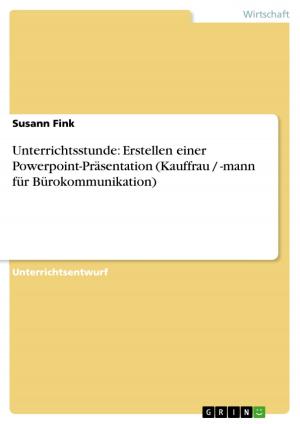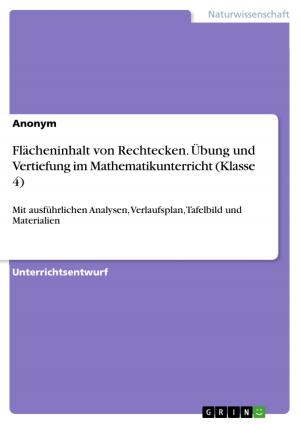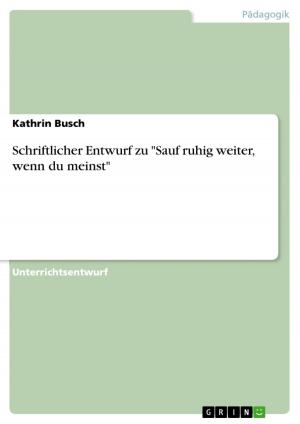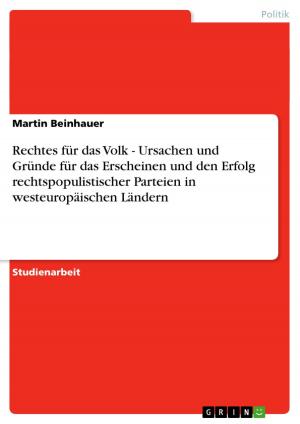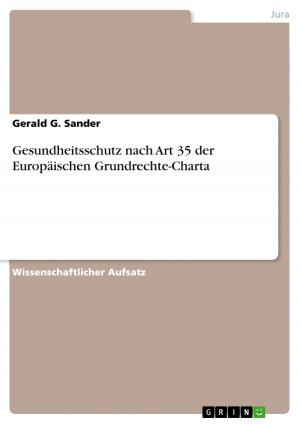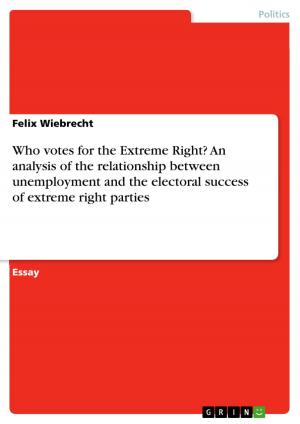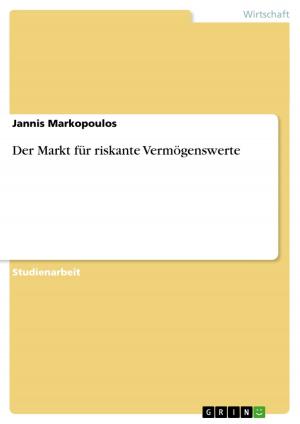You Vote What You Read?
News Coverage before the two Irish Referendums on the Lisbon Treaty
Nonfiction, Social & Cultural Studies, Political Science| Author: | Fabian Reichert | ISBN: | 9783656179191 |
| Publisher: | GRIN Verlag | Publication: | April 26, 2012 |
| Imprint: | GRIN Verlag | Language: | English |
| Author: | Fabian Reichert |
| ISBN: | 9783656179191 |
| Publisher: | GRIN Verlag |
| Publication: | April 26, 2012 |
| Imprint: | GRIN Verlag |
| Language: | English |
Bachelor Thesis from the year 2010 in the subject Politics - International Politics - Topic: European Union, grade: 2,0, University of Constance (Politik- und Verwaltungswissenschaft), language: English, abstract: The Eurobarometer recently showed that for 41% of EU citizen daily newspapers are the main source of information about European topics. Also for those citizens, who decided on the adaption of the Lisbon treaty in the two nationwide referendums in Ireland. But as many media researchers showed, news coverage is biased (Entman 1993, Scheufele 2003). It has to be biased, because it is simply not possible to report the whole reality in one article (Downs 1957). One aspect of news bias is known under the term framing. Entman (1993: 52) defines to frame as follows 'to select some aspects of a perceived reality and make them more salient in a communicating text, in such a way as to promote a particular problem definition, causal interpretation, moral evaluation, and/or treatment recommendation.' A different framing of the same ballot can induce individuals to make different choices. Such effects are known as framing effects (Scheufele 2003, de Vreese 2005a. This paper follows these hints and examines the news coverage before the two Irish referendums on the Lisbon treaty. Applying a content analysis of the two most selling Irish newspapers, The Irish Times and the Irish Independent, it aims to make statements about the framing of the treaty in the news and to give evidence if the question in the title just sounds good or contains some truth.
Bachelor Thesis from the year 2010 in the subject Politics - International Politics - Topic: European Union, grade: 2,0, University of Constance (Politik- und Verwaltungswissenschaft), language: English, abstract: The Eurobarometer recently showed that for 41% of EU citizen daily newspapers are the main source of information about European topics. Also for those citizens, who decided on the adaption of the Lisbon treaty in the two nationwide referendums in Ireland. But as many media researchers showed, news coverage is biased (Entman 1993, Scheufele 2003). It has to be biased, because it is simply not possible to report the whole reality in one article (Downs 1957). One aspect of news bias is known under the term framing. Entman (1993: 52) defines to frame as follows 'to select some aspects of a perceived reality and make them more salient in a communicating text, in such a way as to promote a particular problem definition, causal interpretation, moral evaluation, and/or treatment recommendation.' A different framing of the same ballot can induce individuals to make different choices. Such effects are known as framing effects (Scheufele 2003, de Vreese 2005a. This paper follows these hints and examines the news coverage before the two Irish referendums on the Lisbon treaty. Applying a content analysis of the two most selling Irish newspapers, The Irish Times and the Irish Independent, it aims to make statements about the framing of the treaty in the news and to give evidence if the question in the title just sounds good or contains some truth.


